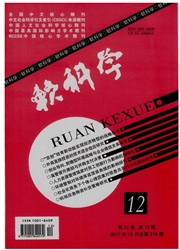

 中文摘要:
中文摘要:
通过构建由国有企业及私有企业组成的混合双寡头垄断模型,研究交叉所有权与国有股最优比重之间的相互作用。研究发现:交叉所有权与政府的国有股比重决策具有相互作用,共同对社会福利产生影响;只有在国有股比重足够低的情况下,交叉所有权安排对私有企业才是有利可图的;在均衡状态下,不存在私有企业对国有企业的交叉所有权安排;在国有企业与私有企业效率差距超过一定水平的情况下,交叉所有权安排存在的可能性对国有股最优比重产生影响。
 英文摘要:
英文摘要:
This paper constructs a mixed duopoly model composed by the state-owned enterprise and private enterprise,and the effects of cross-ownership on optimal nationalization,and vice-versa,in mixed duopoly. Result shows that cross-ownership and the proportion of state-owned shares influence each other and the social welfare. Cross-ownership is profitable to the private firm only when the level of nationalization of the public firm is sufficiently low. In equilibrium,cross-ownership does not take place. The cross-ownership influences the optimal level of nationalization,if the efficiency gap between the two firms is larger than a critical level.
 同期刊论文项目
同期刊论文项目
 同项目期刊论文
同项目期刊论文
 期刊信息
期刊信息
